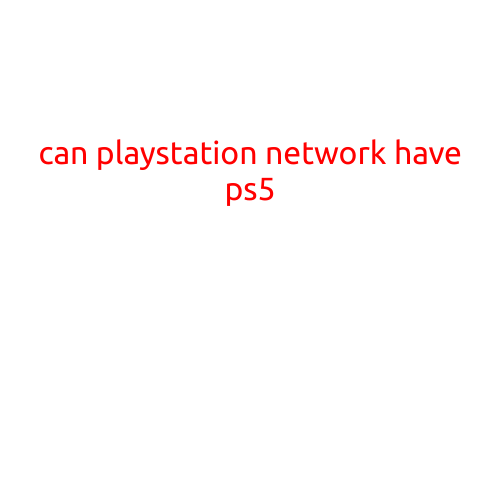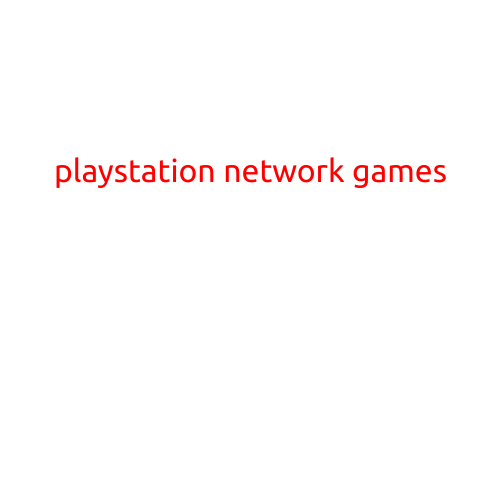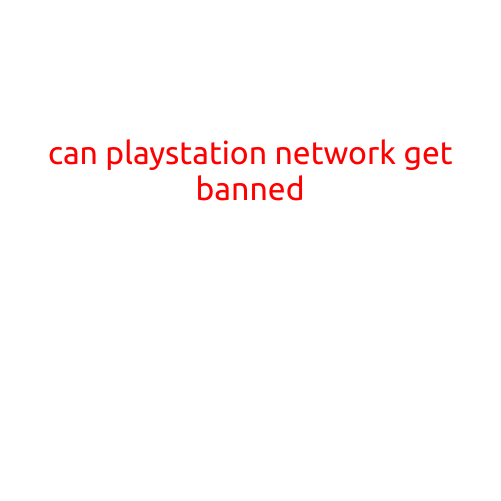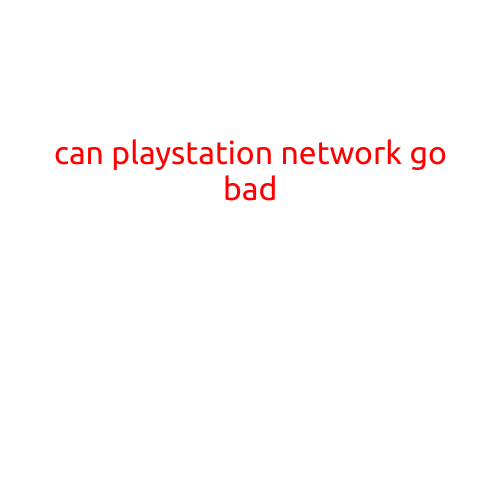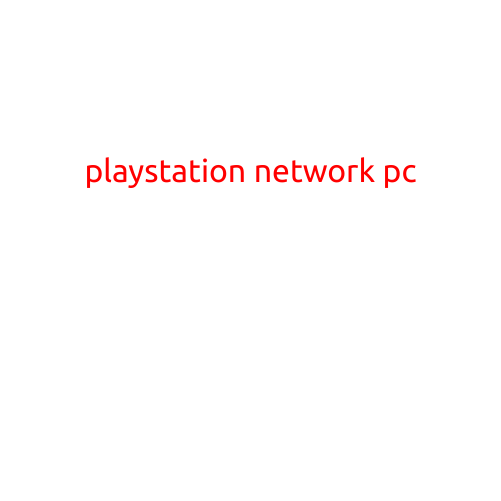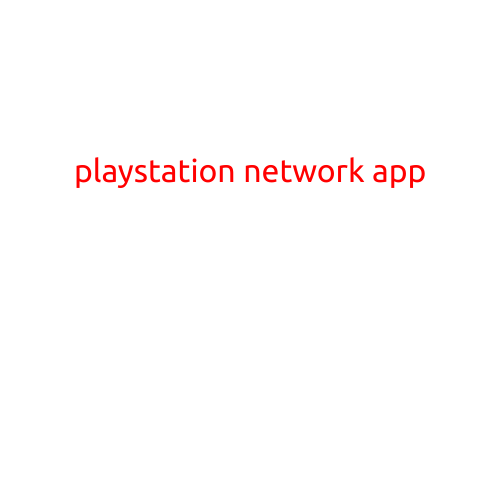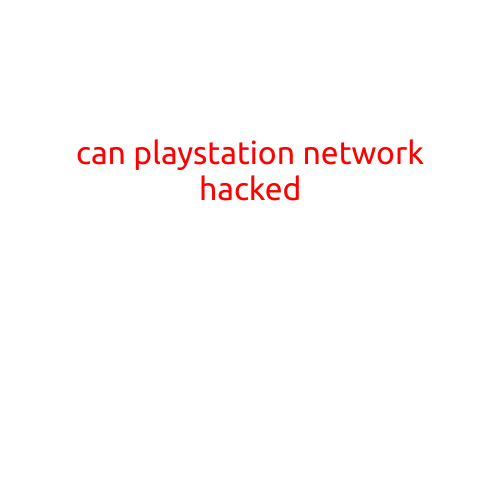
Can PlayStation Network be Hacked? Yes, and Here’s Why
As the world becomes increasingly dependent on digital services, cybersecurity threats are on the rise. Among the many networks vulnerable to hacking, the PlayStation Network (PSN) is no exception. As the largest and most popular gaming platform, PSN has been targeted by hackers multiple times in the past, leaving gamers wondering if their personal data is safe.
How can the PlayStation Network be hacked?
The PSN network, like any other network, is not immune to cyber attacks. Hackers employ various tactics, including:
- Social Engineering: This involves tricking users into revealing sensitive information, such as login credentials or credit card numbers, through fraudulent emails, texts, or social media messages.
- Malware and Ransomware: Malicious software can infiltrate devices, compromising user data and encrypting files, demanding payment in exchange for decryption.
- SQL Injection: Hackers can exploit vulnerabilities in the PSN’s server-side code, accessing sensitive information, such as user data, passwords, and payment information.
- Weak Passwords: Easy-to-guess or default passwords can be exploited, allowing hackers to access PSN accounts and sensitive data.
Previous PlayStation Network hacks
The PSN has been hacked multiple times in the past, resulting in significant data breaches and downtime for gamers.
- 2011 Hack: Hackers stole the personal data of over 77 million PSN accounts, including names, email addresses, birthdates, and encrypted passwords.
- 2014 Hack: PlayStation Network was hacked again, exposing approximately 3.1 million users’ data, including login credentials and billing information.
What is Sony doing to prevent hacking?
To mitigate these risks, Sony has taken several measures to enhance the security of the PSN. These include:
- Two-Factor Authentication: Introduced in 2014, 2FA adds an extra layer of security to user accounts, making it more difficult for hackers to access sensitive information.
- Data Encryption: PSN encrypts user data, ensuring that even if hackers gain access, they will not be able to read or access sensitive information.
- Frequent Security Updates: Sony regularly updates the PSN network and its underlying software, closing vulnerabilities and patching security holes.
- Security Testing: Sony conducts regular security testing and risk assessments to identify potential vulnerabilities and address them before they can be exploited.
What can you do to protect your PlayStation Network account?
While Sony has made significant investments in security, individual users can also take steps to protect their accounts:
- Use Strong Passwords: Use unique, complex passwords for your PSN account and other online services.
- Enable Two-Factor Authentication: This adds an extra layer of security to your account, making it more difficult for hackers to access your data.
- Keep Your Data Up to Date: Regularly update your PSN profile with the latest information, ensuring that your account is secure and up-to-date.
- Monitor Your Account: Regularly check your account for suspicious activity, and report any unusual behavior to Sony.
Conclusion
While the PlayStation Network has been hacked in the past, Sony has taken significant steps to enhance security and protect user data. By staying vigilant, using strong passwords, and enabling two-factor authentication, gamers can further minimize the risk of hacking and enjoy a safe gaming experience.
